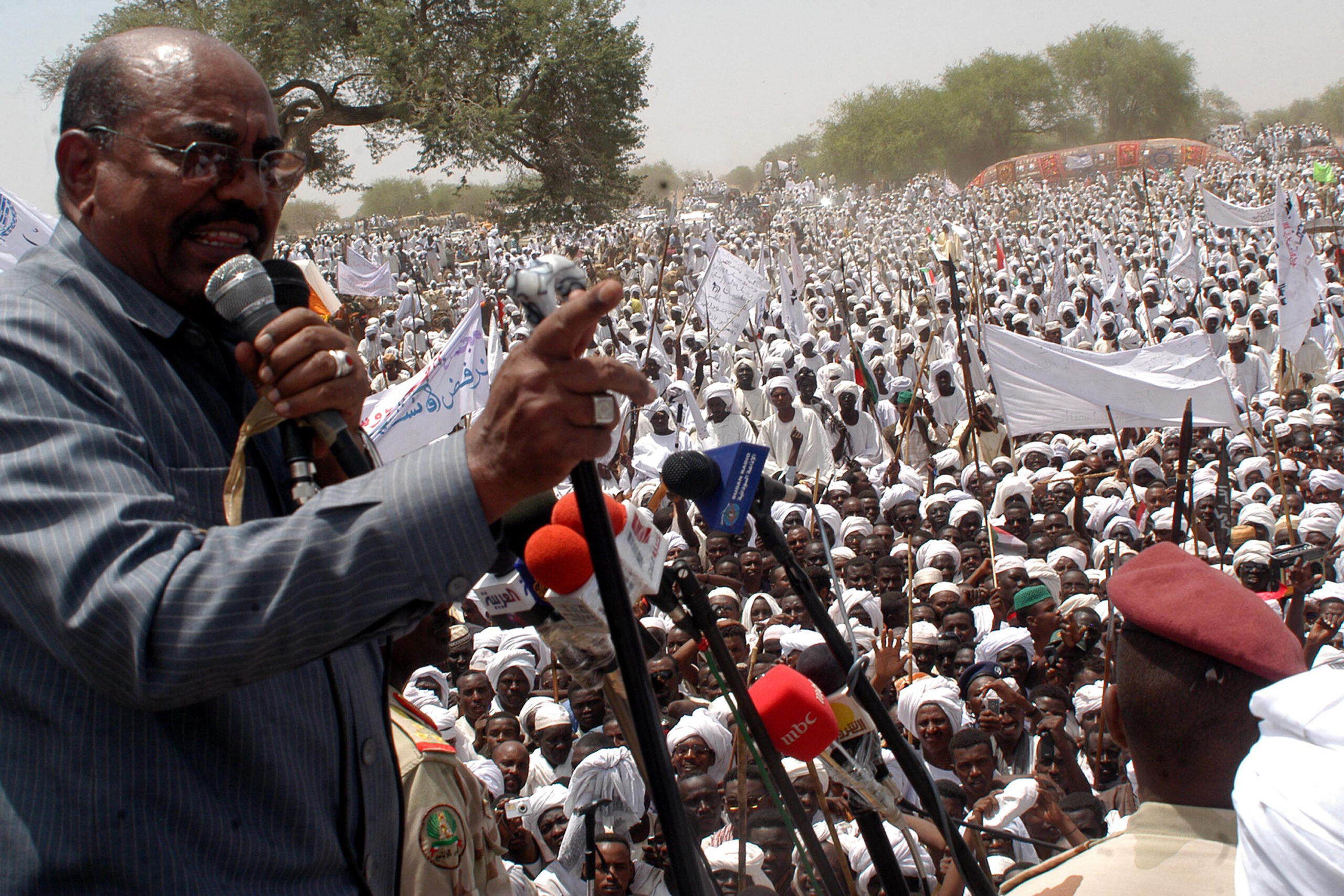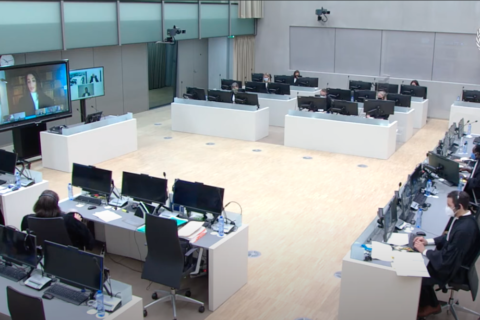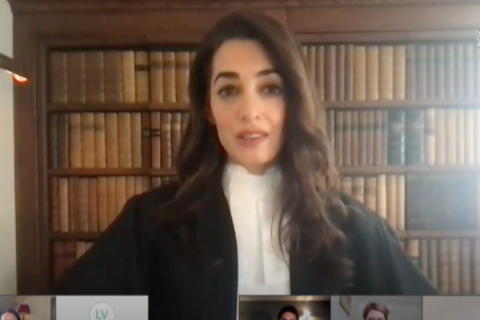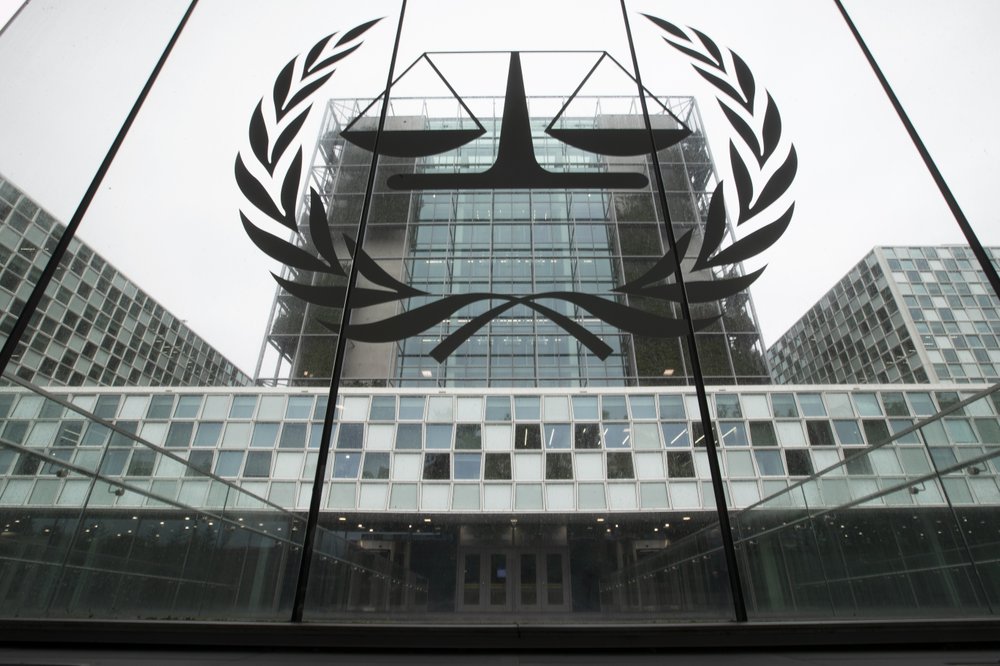This page contains information about work that was completed by CFJ prior to 2025. For more information on our current programs and events, read more about TrialWatch, Waging Justice for Women and The Albies.
Darfur Atrocities
Over the past 20 years, the Darfur region of Sudan has experienced repeated cycles of violence. In 2003, the forces of then-president Omar Al Bashir launched a campaign against non-Arab citizens of Darfur.
The UN estimates that the violence killed 300,000 civilians and displaced more than two million others. This campaign was carried out by the Sudanese government together with their allied Janjaweed militiamen, known as ‘devils on horseback’. Despite multiple attempts at ceasefire and peace, human rights abuses in Darfur have continued unabated. The near-total impunity for atrocity crimes in Darfur is a major driver of ongoing conflict and continues to embolden armed actors.
In April 2023, against the backdrop of Sudan’s fragile transition to civilian rule, the latest bout of violence erupted between the Sudanese Armed Forces (SAF) and the Rapid Support Forces (RSF), rival factions of the Sudanese military. Darfur is one of the most conflict-affected regions in the country.
The conflict has exacerbated pre-existing ethnic tensions and violent struggles for resources. Alarming reports from Darfur suggest that victims are being murdered along ethnic lines and buried in mass graves, having been denied decent burials.
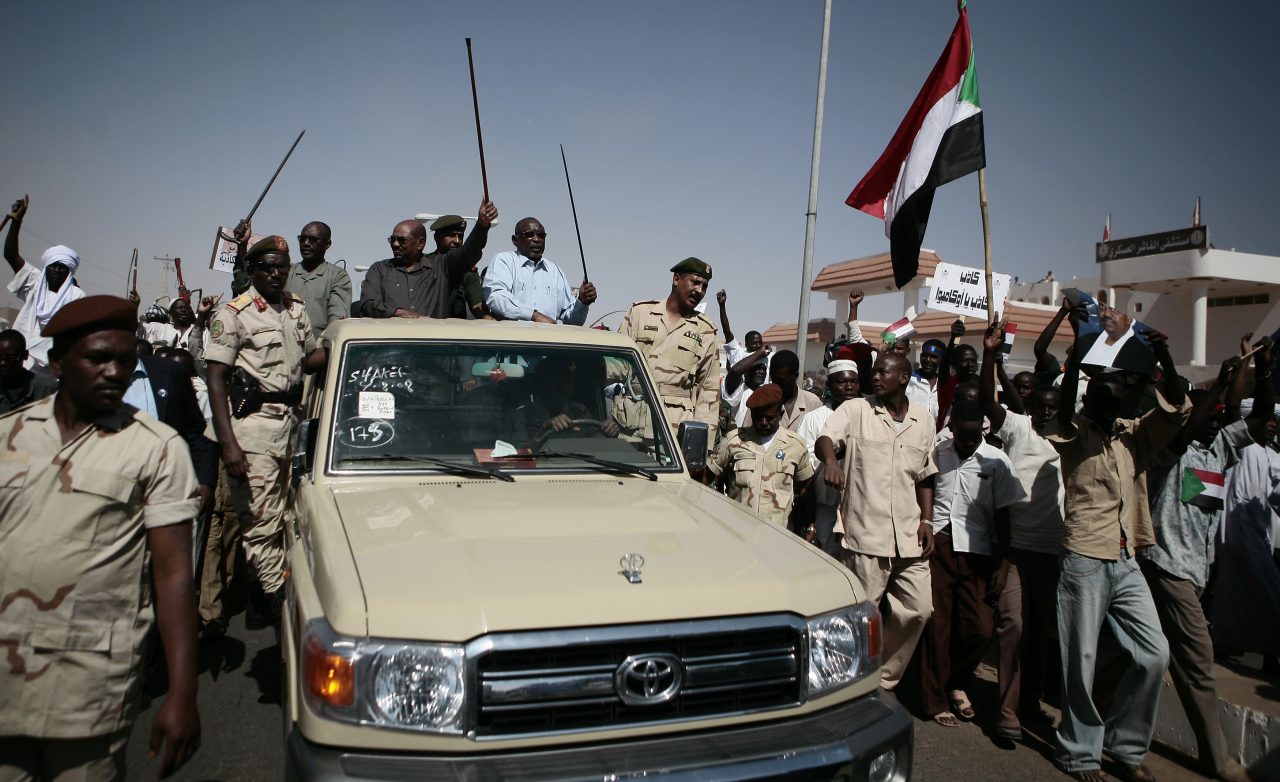
The International Criminal Court (ICC)
Beginning in 2007, the ICC issued arrest warrants against former President of Sudan, Omar Al-Bashir, and four of his associates for genocide, war crimes and crimes against humanity.
The situation in Darfur is the first time the UN Security Council referred a case to the ICC.
The first and only suspect to stand trial for crimes in Darfur is Ali Abd-Al-Rahman (“Ali Kushayb”), a senior leader of the Janjaweed militia. He stands charged with 31 counts of war crimes and crimes against humanity committed between 2003-2004 in Darfur and is facing the Court almost two decades after his alleged crimes. The trial is ongoing.
CFJ Co-Founder Amal Clooney provided strategic support in the ongoing case against Ali Kushayb; cases involving other Darfur suspects, including former President of Sudan, Omar Al-Bashir; and the evaluation of the current situation and ongoing commission of mass atrocities. She was supported by a team of lawyers at The Docket, who lent their expertise to analyze evidence of crimes spanning this twenty-year period to secure accountability for victims of international crimes committed in Darfur.
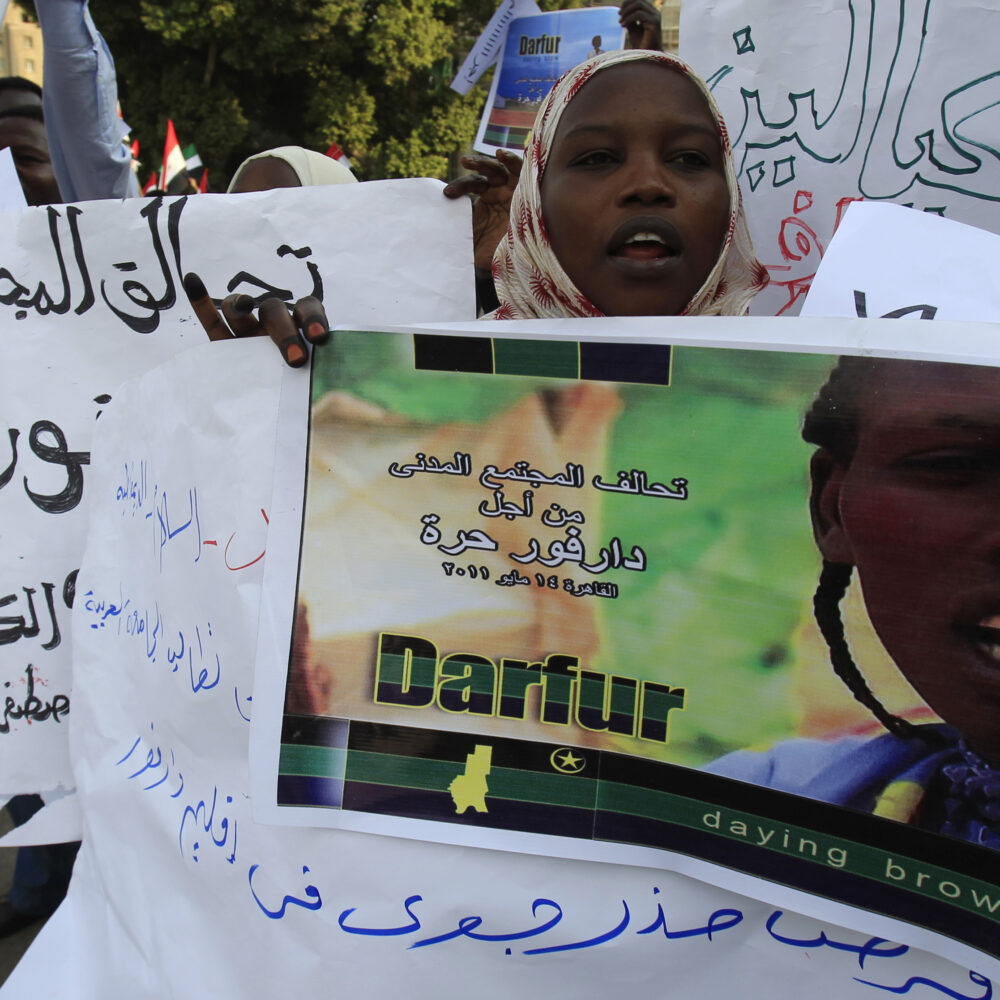
In 2020-2021, Ms. Clooney represented 126 Darfuri victims of Kushayb’s alleged crimes, acting as their appointed Legal Representative before the ICC.
Lawyers from The Docket served as co-counsel and were integral in conducting outreach to victims in Darfur. Together, they worked to present the views of participating victims during pre-trial hearings.
Under the Rome Statute, victims of the world’s most serious crimes have the right to participate in proceedings at the ICC. Victims participate by conveying their views and concerns to judges, which normally happens through a legal representative.
